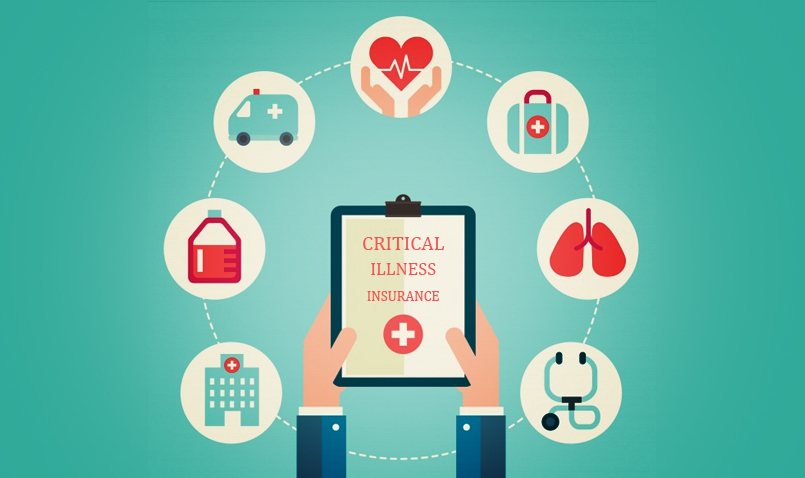A critical illness insurance plan forms an important part of your health insurance portfolio. It works to supplement the coverage that you already have from your medical insurance policy. If you are new to critical illness insurance, this insurance policy is one that offers the inured person a lump sum payout if they are diagnosed with any of the illnesses covered under the plan. This payout can be used for any expense as the policyholder deems fit – from medicines, to paying for nurse care, and affording their home rent and EMIs.
Critical illness insurance can truly prove to be a life-saver during a medical crisis. Remember that being diagnosed with a critical illness will most likely see you need to take some time off work. During such a period, the payout from this insurance plan can serve as income replacement in your household until you get on your feet again.
Given the extreme importance of critical illness coverage, it is important that we know as much as we can about this coverage. In this article, we list out 5 things you need to know about critical illness insurance before buying a plan.
- The diseases covered
Major critical illness insurance plans cover conditions such as cancer of a certain severity, end stage lung failure, end stage liver failure, kidney failure, major organ transplant (heart, kidney, lung, etc.), third-degree burns, blindness, coma, deafness, and multiple sclerosis, among others as listed in the policy. The extent of critical illnesses covered might vary between insurers. Do note that these health conditions are also only covered up to the severity specified in the policy.
- There is a waiting period and survival period
Your critical illness plan generally comes with a waiting period that begins after policy purchase. This might be around 90 days, but you are advised to check the exact details with your insurer. Furthermore, critical illness insurance also comes with a survival period of around 28 to 30 days (again, this may vary between insurers). The policyholder only gets the payout if they survive for a stipulated number of days after their diagnosis as mentioned in the policy.
- You get tax benefits
The payout that you receive from critical illness coverage is free from tax deductions. Your premium towards your coverage is also eligible for tax benefits.
- Choose between an add-on cover or standalone policy
You may buy a critical illness insurance plan as a standalone policy, or you can simply choose to add it to your existing health insurance plan as a rider. A standalone policy might offer you a larger payout and cover more critical illnesses as compared to a rider. On the other hand, a rider might prove more cost effective through cheaper premiums and should suffice if your base health insurance plan has extensive coverage and a large sum insured. Do compare the two options and choose the one that works the best for you.
- There are exclusions
Critical illness insurance policies also do have certain exclusions to their coverage. For instance, any illnesses arising due to adventure activities, risky sports, self-harm or intoxication are generally not covered by insurers. Make sure to speak to your insurer and ask them for a detailed list of the policy exclusions.
Your critical illness insurance policy is one of the most important types of insurance coverage you will ever buy. Do speak to an insurance company or agent today to figure out the coverage you need. We hope this article has helped you understand a bit more about critical illness insurance, Take care.

